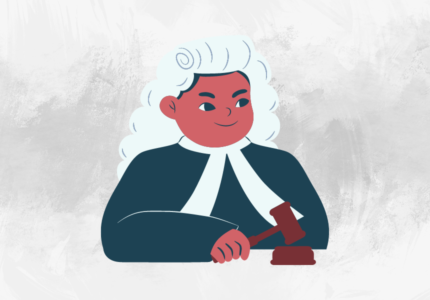
Many people are struggling with resume questions. They may are using an old resume, or it is their first time writing one. It can be quite challenging for resume writers with no experience or for someone who hasn’t needed to update their resume for a long time. With a weak economy and a high rate of unemployment, an impressive resume or CV is more crucial than ever before.
Some job sites request an application form or CV in order to submit your application, but many aren’t aware of the difference between the two. In order to help ease certain concerns, we’ve put together a complete guide on what constitutes an effective CV and what is an effective resume.
How can you tell the difference between the two? What is the difference between a Resume and what is a Curriculum Vitae (CV)?
The primary differences are length, the contents, and the purpose you are aiming for. Resumes can be a one- to a two-page overview of your education, experience and skills accumulated. Your personal story. Typically, you’ll want to be as concise and focused as you can when creating your resume. The majority of people only have an hour or so to study your resume, and therefore, being condensed is essential.
However, it is a Curriculum Vitae, more commonly called the CV, that is more extensive (usually beginning at approximately two pages) and more thorough. They provide a full overview of your academic and educational background, your teaching and research expertise, publications in the past, as well as presentations, honors and awards, affiliations with groups, and any other relevant information.
When is it appropriate to make use of a CV?
In America, in the United States, a CV is the most commonly used form of document when applying for academic or professional careers, research studies, and research jobs that require grants or other prizes. This is also true for a CV in that you require different versions to reach the appropriate audience. A CV that outlines your academic research on fossils should be modified to be granted a grant to study extinct species of plants.
What should a CV include?
When you write your resume, you have to include basic information like names, contact details, as well as your educational history, experience, and other relevant work experience. Include research and teaching experiences, publications, and fellowships or grants you’ve been awarded. Professional groups, certificates, licenses, and awards, as well as pertinent information regarding the job, should be mentioned. One alternative is to create a list of your information about your background so that you can manage it quickly. Include dates on every detail you give about your publications.
How do you create an effective CV?
Before you start writing your CV, seek advice from an expert CV writer. CVs are not like conventional resumes, and it’s helpful to have someone assist you in the way. The first impression is most crucial, and that’s exactly what your CV will reflect; therefore, seek out help to ensure you can create a wide scope of CVs that showcase your abilities and experiences. Have fun on the job.
Erin Kennedy, MCD, CMRW, CPRW, BS/HR is a Certified Professional and Executive Resume Writer/Career Coach and the president of Professional Resume Services, Inc. She is a nationally published writer as well as a contributor to 12 best-selling career-related books. She has been recognized internationally with each year’s nominations and winnings of the highly coveted T.O.R.I. (Toast of the Resume Industry) Award. Erin has created hundreds of resumes for professional and executive candidates.





